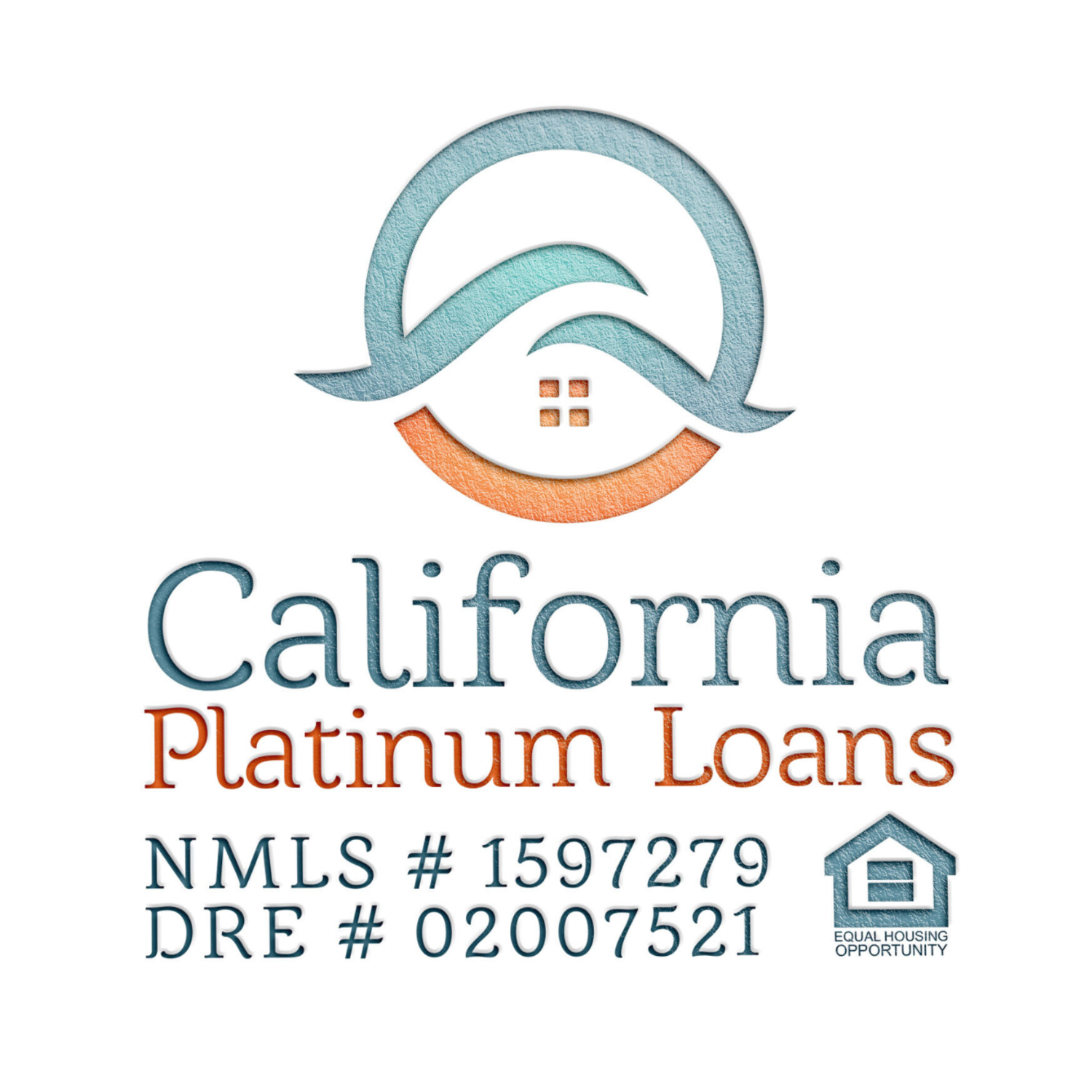Are you looking at homes with purchase prices that are higher than the conforming loan limit for Los Angeles County? Chances are, you may be, because for 2023, the conforming loan limit is $1,089,300.
In the past, home buyers who were interested in jumbo and super-jumbo home loans had relatively limited options. Most jumbo loans required down payments of 20% or 30%. Few of them were available with ARMS: adjustable rate mortgages. However, options have changed in the high-balance home loan sector.
Combo Home Loan Financing for High-Balance Home Loans
It is possible to use a first mortgage up to the conforming loan limit of $1,089,300 in Los Angeles County. This mortgage can be issued with a lower down payment, possibly as low as 10% or even 5%. In this scenario, the conforming loan interest rate is likely to be more favorable than non-conforming loan interest rates.
It’s also possible to investigate options of 95% financing in loan amounts up to $2 million, and there may be programs which can offer 90% financing up to $3 million. While each situation is individual, an expert mortgage broker can let you know which options may be the best choices for your home buying needs and short- and longer-term financial plans.
Are There Options in Super Jumbo Mortgage?
At the $4 million to $5 million level, mortgage loans are officially regarded as “super jumbo.” Financing structures for these loans can be flexible. Also at this level, the appraised value of the property that you want to buy will influence the mortgage terms and options.
When you are interested in buying a home with a value above the conforming loan limit of $1,089,300, your options in home loan change from the ones you will see for online calculators that are used by big online mortgage companies. Home values in the neighborhood that you’re interested in could influence the amount of mortgage which you can qualify for. Your requirements of down payment can be much more flexible in the past, and your loan can be structured to meet your financial needs and home buying preferences.California Platinum Loans has qualified mortgage loan and real estate experts who can guide you through the process and help you to structure your financial transaction to buy the home you need and want. Contact them today.
Sources:
Richmond, Steven. “Jumbo vs. Conventional Mortgages: What’s the Difference?” Investopedia, 5 September 2022, url: https://www.investopedia.com/articles/personal-finance/061815/jumbo-vs-conventional-mortgages-how-they-differ.asp



